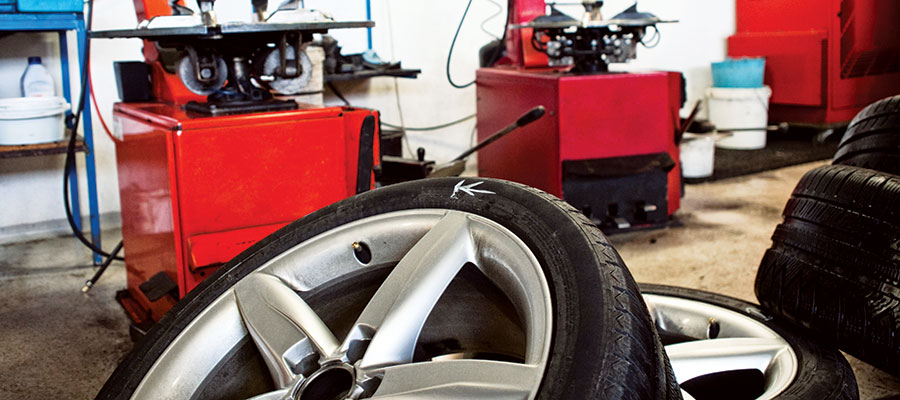

The pad surfaces will push against the rotor and create more friction so that you can stop safely. If you have a limited budget, you can temporarily fix the problem by applying some pressure to the brake pedal while driving. In most cases, the grinding noise is caused by brake pads that are too worn and need to be replaced. There are temporary and permanent fixes for this problem. If your car makes a grinding noise when braking, it could indicate that your brakes need attention. Temporary and Permanent Fix for Grinding Brakes
BAD BREAK PADS PROFESSIONAL
In most cases, you will need to have your brakes serviced by a professional mechanic to fix the problem. If the calipers stick, they may not release fully when you take your foot off the brake pedal, causing the pads to grind against the rotors.įinally, if the rotors are damaged or warped, they may also cause the pads to grind. If the pads wear down over time or if they were not correctly installed in the first place, grinding can happen. If the brake pads are too thin, they will rub against the rotors. Why Do Brakes Only Grind Sometimes?īrakes usually grind when something is wrong with the brake pads, the calipers, or the rotors. So, if your brakes are starting to grind, don’t panic. While many of these situations can be frustrating, they’re all easily fixable with a little work (or money). You’ll need to have a mechanic adjust your brakes to engage sooner. A soft pedal can cause grinding because it gives the brakes more time to heat up and warp before they make contact with the rotors. If you notice that your pedal feels “soft” when you press down on it, that means there’s too much travel before the brakes engage. You’ll need to have your rotors replaced if they’re distorted. If your rotors are warped, they won’t make proper contact with your brake pads, causing grinding. The best way to deal with contaminated brake fluid is to have it flushed and replaced by a mechanic. If your brake fluid is contaminated, it can cause many problems, including brakes that grind even when they’re not worn out. You’ll need a mechanic to tighten or replace the bolts as required. If your caliper bolts are loose, they won’t hold the caliper in place properly, causing it to move and grind against the rotor. You’ll need a mechanic to look at your brakes if they’re misaligned. This can be caused by a bent caliper or an uneven surface on the rotor itself. Misaligned brake pads can cause grinding because they aren’t making proper contact with the rotor. You can fix glazed brake pads by sanding them down with fine-grit sandpaper until the glaze is gone. This coating prevents the pads from making proper contact with the rotors, causing grinding. When brake pads get too hot, they can form a hard coating on their surface. You’ll need to have your rotors replaced if this is the case. If your brake rotors are worn, they won’t make proper contact with your brake pads, causing the pads to grind against the metal of the rotor. Here are seven reasons your brake pads might be grinding even though they’re not worn out. Knowing exactly how brake pads work could go a long way in helping you diagnose your brakes. A few different things can cause brake grinding, but thankfully there are corrective measures you can take for each problem. If you’ve ever had your brakes grind, you know it’s not a pleasant experience. Why Are Brakes Grinding but Pads Not Worn? Temporary and Permanent Fix for Grinding Brakes.Why Are Brakes Grinding but Pads Not Worn?.


 0 kommentar(er)
0 kommentar(er)
